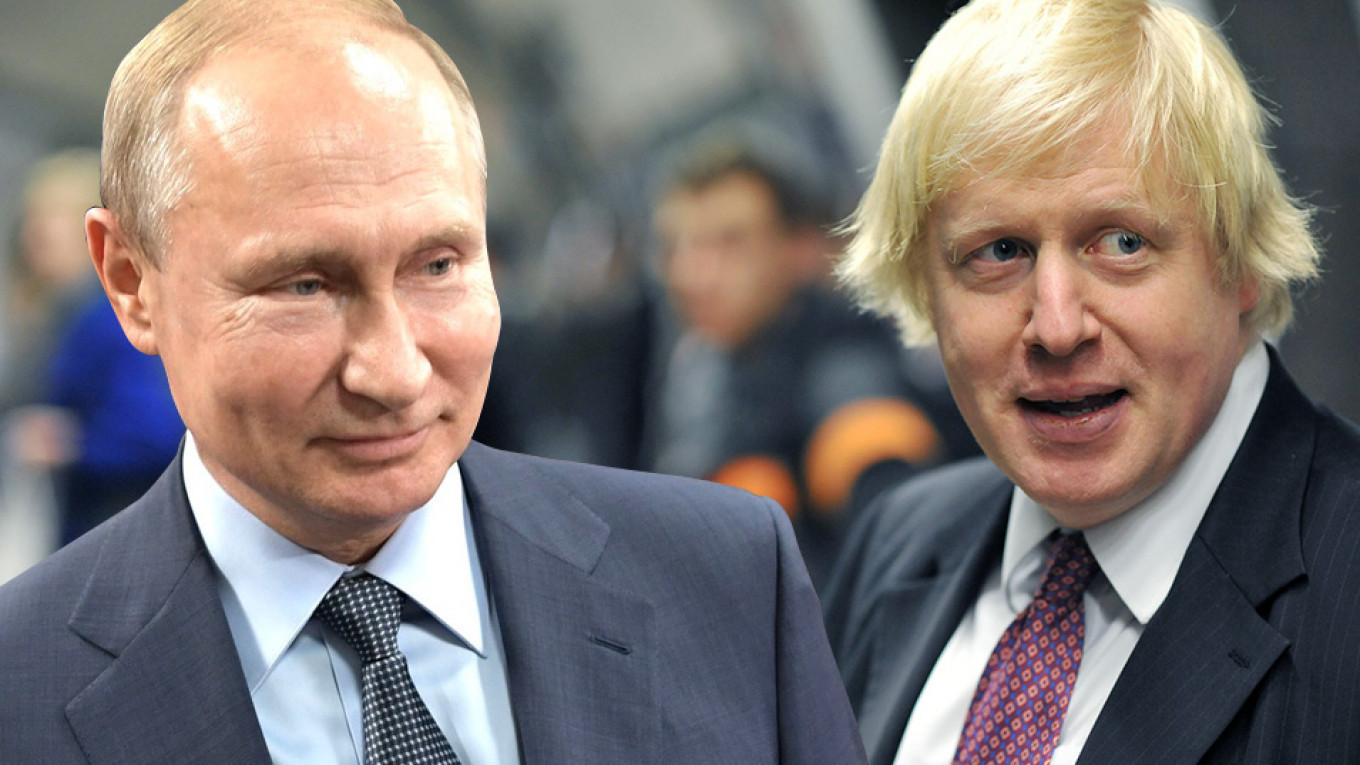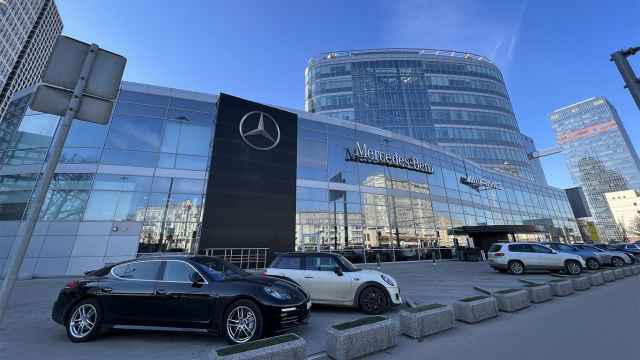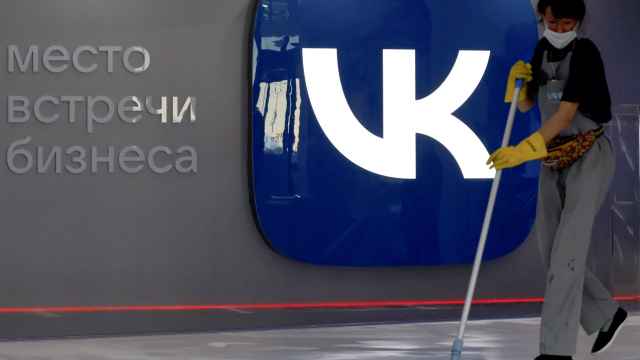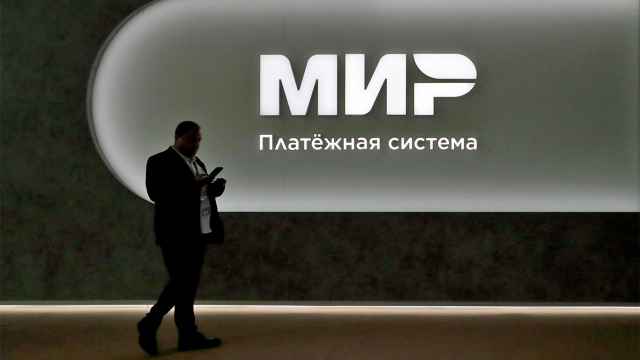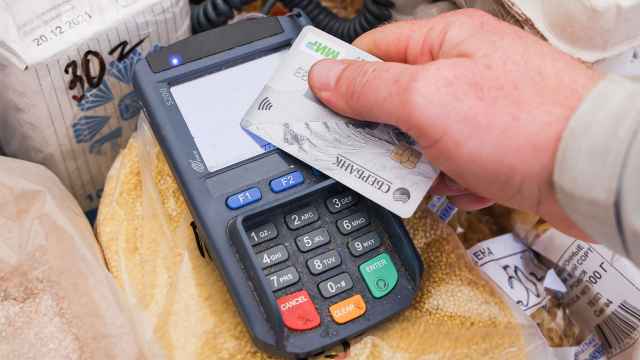Britain is freezing the U.K. assets of Russian titans in banking and arms manufacturing, sanctioning five more oligarchs and banning Aeroflot from its airspace, Prime Minister Boris Johnson said Thursday.
Announcing the sanctions in response to Russia's invasion of Ukraine, he told parliament that President Vladimir Putin "will never be able to cleanse the blood of Ukraine from his hands."
"Putin will stand condemned in the eyes of the world and of history," he said.
"Putin was always determined to attack his neighbour no matter what we did," Johnson added, calling him a "blood-stained aggressor who believes in imperial conquest."
The assets blockage affects more than 100 Russian entities including VTB, one of Russia's largest banks, and Rostec, a giant military conglomerate, U.K. officials said.
Britain will legislate to prevent the Russian state and entities from raising money in London, and ban the export of "dual-use" equipment that can have military applications.
It will also legislate to limit how much money Russians can hold in U.K. bank accounts, although the ceiling has yet to be determined.
Long accused of turning a blind eye to Kremlin-backed money flowing through London, the government will accelerate an "Economic Crime Bill", notably to prise open the real ownership of Russian-held assets.
Following an emergency virtual summit of G7 powers, Johnson confirmed that the allies were looking at cutting Russia off from international trade in dollars, through the SWIFT payments system.
The Financial Times reported that Germany had balked at that drastic step, and UK officials conceded that the SWIFT debate was still in flux.
But as well as banning Aeroflot, Britain did add another five individual Russians to its sanctions list, after three on Tuesday.
They were Kirill Shamalov, Russia's youngest billionaire who was previously married to Putin's daughter; Pyotr Fradkov; Denis Bortnikov; Yuri Slyusar; and Elena Georgieva.
"These are people who have international lifestyles," a British diplomatic source said.
"They come to Harrods to shop, they stay in our best hotels when they like, they send their children to our best public [private] schools, and that is what's being stopped.
"So these people are essentially persona non grata in every major Western European capital in the world. That really bites."
A Message from The Moscow Times:
Dear readers,
We are facing unprecedented challenges. Russia's Prosecutor General's Office has designated The Moscow Times as an "undesirable" organization, criminalizing our work and putting our staff at risk of prosecution. This follows our earlier unjust labeling as a "foreign agent."
These actions are direct attempts to silence independent journalism in Russia. The authorities claim our work "discredits the decisions of the Russian leadership." We see things differently: we strive to provide accurate, unbiased reporting on Russia.
We, the journalists of The Moscow Times, refuse to be silenced. But to continue our work, we need your help.
Your support, no matter how small, makes a world of difference. If you can, please support us monthly starting from just $2. It's quick to set up, and every contribution makes a significant impact.
By supporting The Moscow Times, you're defending open, independent journalism in the face of repression. Thank you for standing with us.
Remind me later.


